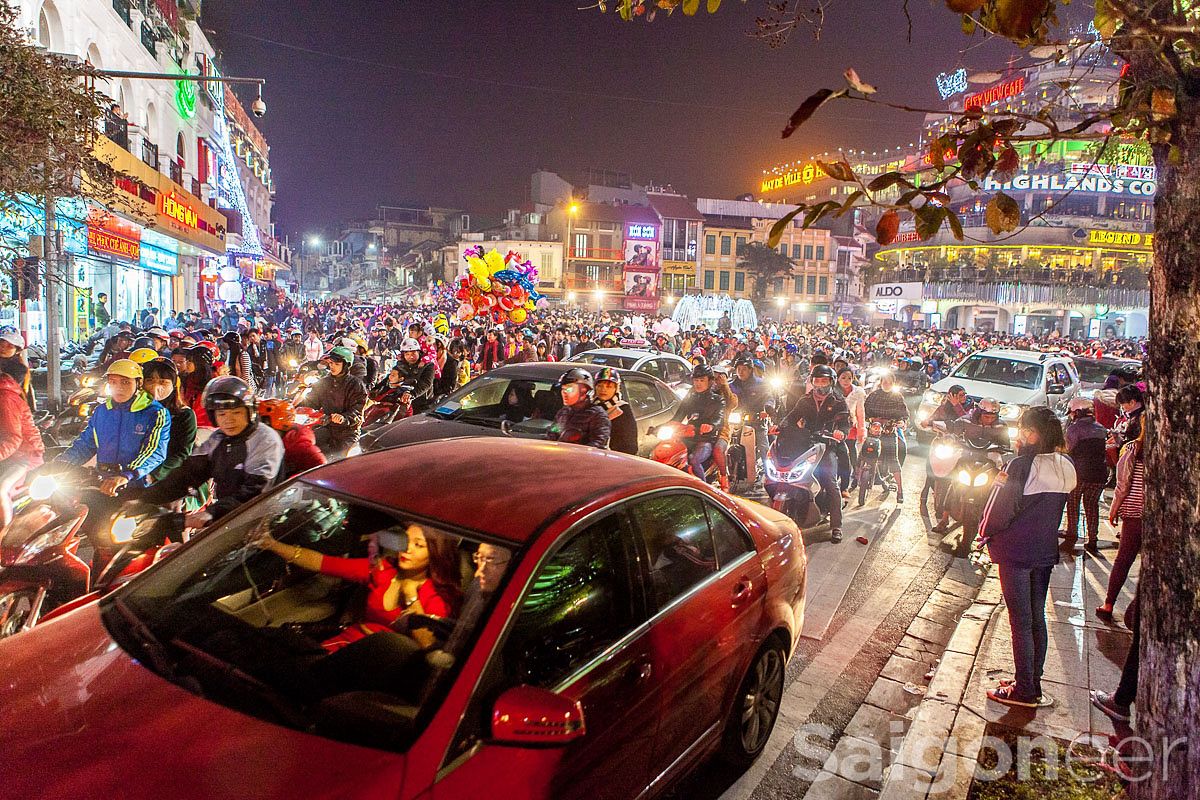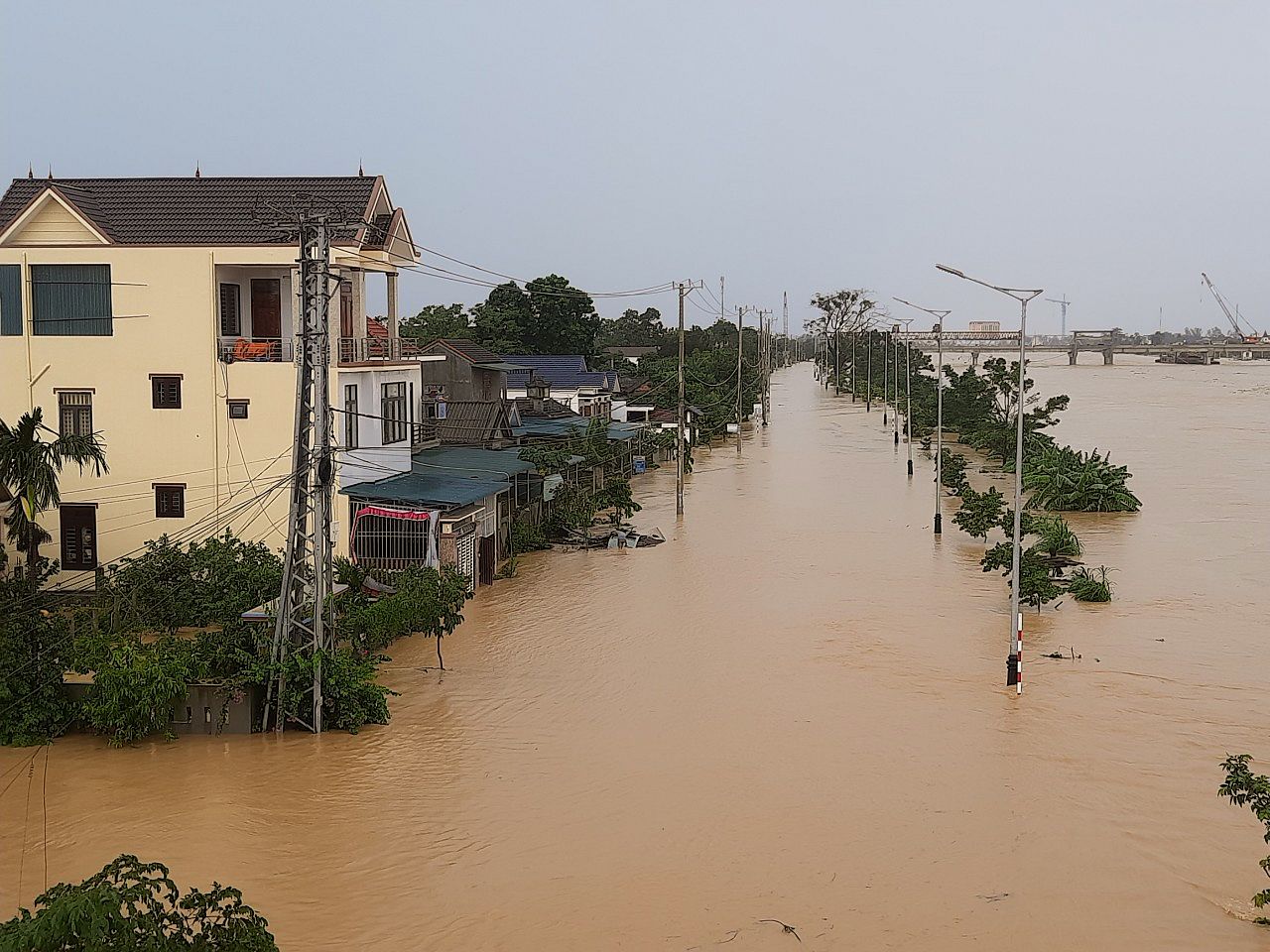Moving down ten spots from last year, Ho Chi Minh City ranks 56 out of 60 global cities in safety, according to a recent report.
The study in question is titled the Safe Cities Index 2017, compiled by the Economist Intelligent Unit. The report takes 49 factors into consideration under four categories: digital security, health security, infrastructure security and personal security to determine which locations are the safest overall.
As people in rural areas continue to migrate to more densely populated urban environments, and as cities inspire the relocation of foreign talent, increases in population intensify security challenges and other similar risks.
While the word "safety" might conjure ideas of protection against acts of violence or theft, the report takes a much broader view regarding the concept of "safety," including elements such as housing supply, data analytics, air quality, traffic accidents and cyber security.
In the first category of digital security, the Index said that cities, especially so-called 'smart cities,' “are becoming more vulnerable to cyber-attack if security measures are not widely implemented.” In this section, Saigon ranked 56th.
Under the category of health security, the Index takes into account accessibility to health care and hospitals, but also traffic regulations and green space, as well as access to mental health care.
“Given the links between violence and mental illness, health services have a role to play when it comes to preventing urban violence. While many factors—criminal, tribal, social, cultural and environmental—lie behind violence, studies have linked mental health and violence,” the report explains. Ho Chi Minh City found itself in the 48th spot regarding health security.
Infrastructure security, meanwhile, saw Saigon ranked 46th. It is not only the quantity and quality of roads and bridges that matters, but the ability to handle sharp spikes in population. Dan Smith, director of the Stockholm International Peace Research Institute, said in the study: “The intensification of the urbanization process, the overcrowding, the inequality and services provided or not provided—these are huge issues that can feed into social and political instabilities.”
Personal security is where the Vietnamese metropolis took the hardest hit, coming in at 58th overall, behind cities such as Yangon, Jakarta and Jeddah. Asian cities scored very highly in general, however, as instances of terrorism and street violence tend to be low in this part of the world. Additionally, other factors in the category covered items such as the prevalence of CCTV, crime prevention initiatives and even street lighting.
In contrast, the World Economic Forum’s latest Travel and Tourism Competitive Report cited Vietnam, Laos and Cambodia among the safer countries in the world, well above Thailand, Myanmar and the Philippines.
Since the inaugural Safe Cities Index was published in 2015, the top three spots have remained the same, with Tokyo, Singapore and Osaka leading the pack.
These findings might come as a shock for some Saigoneers, who find their home city much safer — at least in the traditional sense — than many regional counterparts. What are your thoughts on the Safe Cities Index' ranking? Let us know via the poll below:














